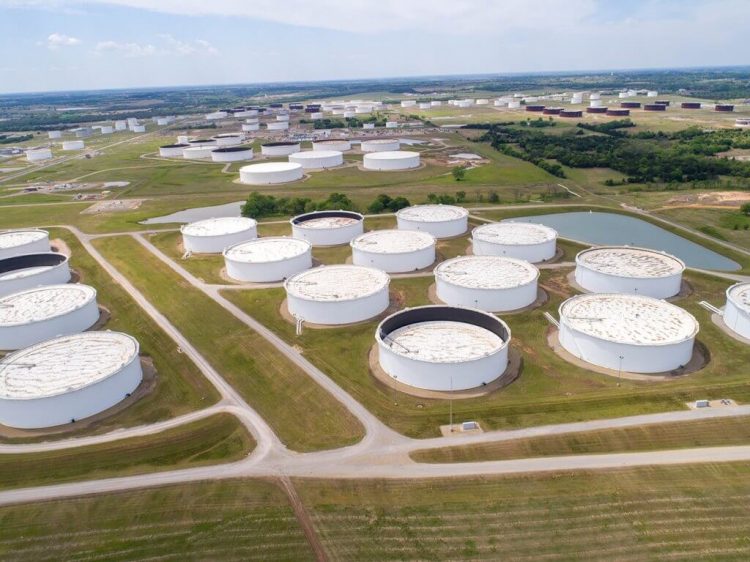Publisher: Maaal International Media Company
License: 465734
Oil eases as traders assess US tariffs, OPEC+ output hike
Oil prices retreated on Tuesday after rising almost 2% in the previous session as investors assessed new developments on U.S. tariffs and a higher-than-expected OPEC+ output hike for August, Reuters reported.
Brent crude futures dipped 22 cents, or 0.3%, at $69.36 a barrel by 0630 GMT. U.S. West Texas Intermediate crude fell 27 cents, or 0.4%, at $67.66 a barrel.
U.S. President Donald Trump on Monday began telling trade partners, which included major suppliers South Korea and Japan as well as smaller U.S. exporters like Serbia, Thailand and Tunisia, that sharply higher U.S. tariffs will start August 1, though he later said that deadline was not 100% firm.
اقرأ المزيد
Trump’s tariffs have prompted uncertainty across the market and concerns they could have a negative effect on the global economy and, consequently, on oil demand.
However, there are some signs current demand remains strong, particularly in the U.S., the world’s biggest oil consumer, which has supported prices.
A record 72.2 million Americans were projected to travel more than 50 miles (80 km) for Fourth of July vacations, data from travel group AAA showed last week.
Investors were bullish heading into the holiday period with data from the U.S. Commodity Futures Trading Commission released on Monday showing money managers raised their net-long futures and options positions in crude oil contracts in the week up to July 1.
“Prompt demand remains healthy on the back of seasonal factors. The question remains if forward demand will maintain to absorb the larger-than-expected supply from OPEC+,” said Emril Jamil, a senior analyst at LSEG Oil Research.
Other signs of higher demand were seen in India, the world’s third-largest oil consumer, with government data reporting fuel consumption in June was 1.9% higher than a year ago.
On Saturday, the Organization of the Petroleum Exporting Countries and allies, a group known as OPEC+, agreed to raise production by 548,000 barrels per day in August, exceeding the 411,000-bpd hikes they made for the prior three months.
The decision removes nearly all of the 2.2 million-bpd of voluntary cuts the group enacted. They are set to approve an increase of about 550,000 bpd for September when it meets on August 3, according to five sources familiar with the matter, which would unwind all of the cuts.









